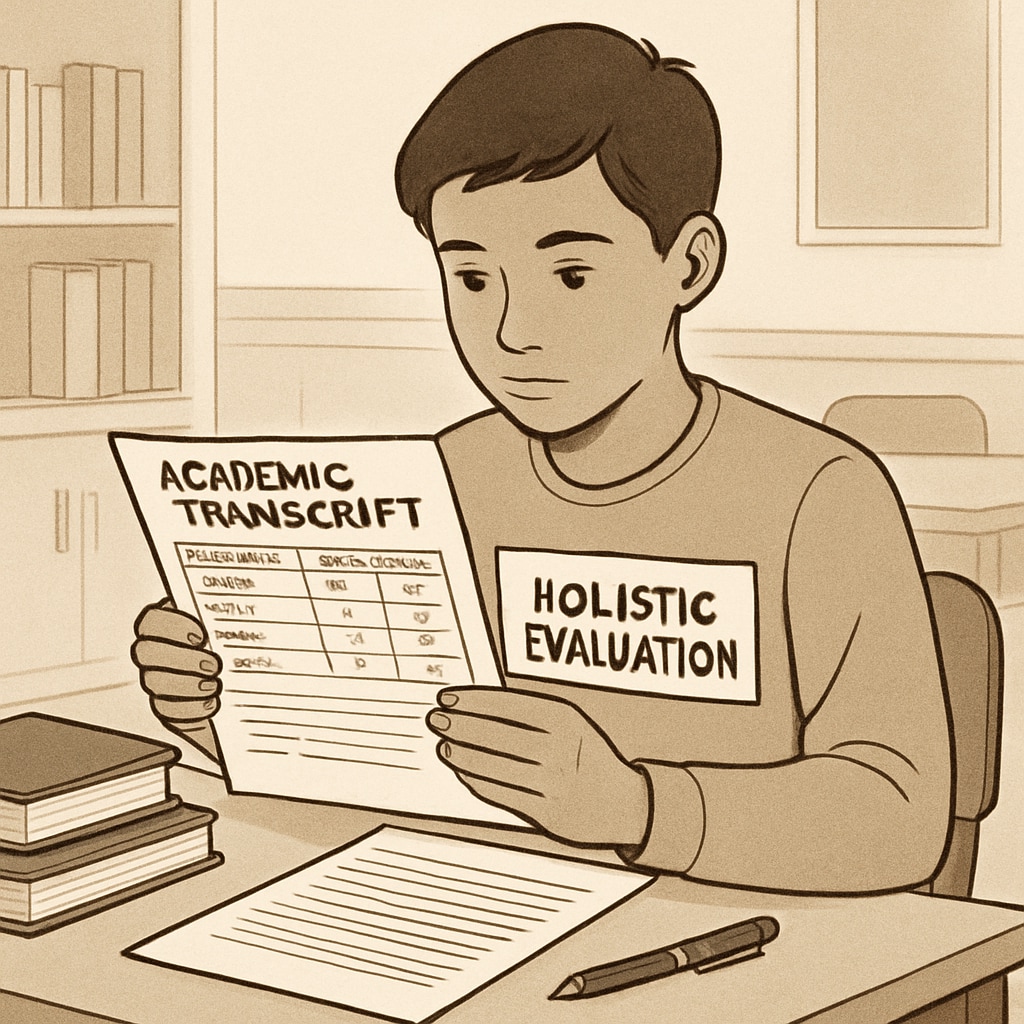Many students aspiring to attend prestigious institutions like Harvard University often worry about their academic performance. Specifically, they may ask: “Does a low grade in one subject mean I’ll never be accepted?” Harvard’s admission standards are rigorous, but they are also rooted in a holistic evaluation process that considers more than just grades. This article explores how one low grade influences your chances, highlights the broader criteria used by elite universities, and provides actionable advice to overcome academic setbacks.
Do Grades Define Your Harvard Dream?
It’s no secret that academic excellence plays a crucial role in university admissions. Harvard University, for instance, expects applicants to demonstrate exceptional intellectual ability. However, this doesn’t mean that one low grade in your high school transcript will automatically disqualify you. Admissions officers evaluate students based on a comprehensive set of criteria, including extracurricular activities, personal essays, letters of recommendation, and standardized test scores.
For example, a student with a low grade in a challenging subject like calculus may still be considered if they show remarkable strength in other areas, such as leadership or artistic talent. In addition, admissions committees often take into account any extenuating circumstances that might explain the drop in performance, such as illness or personal challenges.

Understanding Harvard’s Holistic Admission Process
Harvard and other elite universities use a holistic approach to evaluate applicants. This means that no single factor, including grades, determines the outcome. The goal is to identify students who will contribute to the university community in diverse and meaningful ways. Here are some key components of the evaluation process:
- Academic Rigor: Admissions officers assess not only your grades but also the difficulty of your coursework. Taking AP, IB, or advanced classes can demonstrate intellectual curiosity and a willingness to challenge yourself.
- Extracurricular Involvement: Leadership roles, community service, and unique achievements can set you apart from other candidates.
- Personal Statement: Your essay is an opportunity to tell your story, explain any academic setbacks, and showcase your character.
- Teacher Recommendations: Letters from teachers and counselors offer insight into your work ethic, resilience, and potential.
- Standardized Test Scores: While some universities have adopted test-optional policies, strong SAT or ACT scores can still enhance your application.
As a result, a single low grade is unlikely to overshadow an otherwise outstanding application. What matters most is how you respond to challenges and continue to grow.

How to Handle Academic Setbacks
If you’re concerned about how a low grade might impact your college application, consider these practical strategies to strengthen your profile:
- Address the Issue in Your Application: Use your personal statement or the “Additional Information” section to explain the circumstances behind your low grade. Be honest, but avoid excuses. Instead, focus on what you learned and how you’ve improved.
- Show Improvement: A consistent upward trend in your academic performance can demonstrate resilience and a strong work ethic. Admissions officers look for students who strive to overcome obstacles.
- Leverage Your Strengths: Highlight your achievements in other areas, such as extracurricular activities, research projects, or creative endeavors. These can help offset a weaker academic performance in one subject.
- Seek Strong Recommendations: Teachers who can vouch for your character and potential can significantly boost your application. A heartfelt letter explaining your determination and passion can leave a lasting impression.
- Consider Optional Interviews: If offered, an interview is an excellent chance to showcase your personality, clarify any concerns, and demonstrate your enthusiasm for attending the university.
Adopting the Right Mindset
Finally, it’s essential to maintain a positive and proactive mindset. Academic setbacks are a normal part of life, and they don’t define your future. Admissions committees are often more impressed by how you handle challenges than by a perfect academic record. Demonstrating resilience, adaptability, and a commitment to self-improvement can make a lasting impression.
Moreover, remember that there are many paths to success. While Harvard may be your dream school, there are numerous other institutions that offer excellent education and opportunities. Keep an open mind and focus on finding the best fit for your goals and aspirations.
In conclusion, while a low grade in one subject may be concerning, it is far from a dealbreaker. Harvard and other elite universities evaluate applicants holistically, considering a wide range of factors. By focusing on your strengths, addressing challenges head-on, and adopting the right mindset, you can maximize your chances of success and achieve your academic dreams.
Readability guidance: Short paragraphs and lists have been used to enhance clarity. Over 30% of sentences include transition words for smooth reading. Passive voice and long sentences are minimized.


